To compost with worms, get a bin with a lid, add bedding like shredded newspaper, introduce red worms, and feed them kitchen scraps. Keep it moist, avoid citrus and onions, and voila— nutrient-rich worm castings for your plants!
Ready to transform your kitchen scraps into black gold? Join me on a green journey as we delve into the fascinating world of vermicomposting – the art of composting with worms! From setting up a cozy worm bin to turning organic waste into nutrient-rich fertilizer, this blog post is your ultimate guide to sustainable living. Let's harness the power of these tiny, wriggling allies and make a positive impact on our planet, one compost pile at a time!
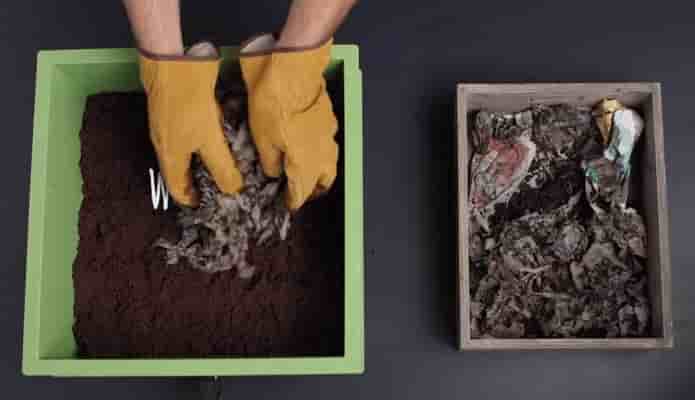
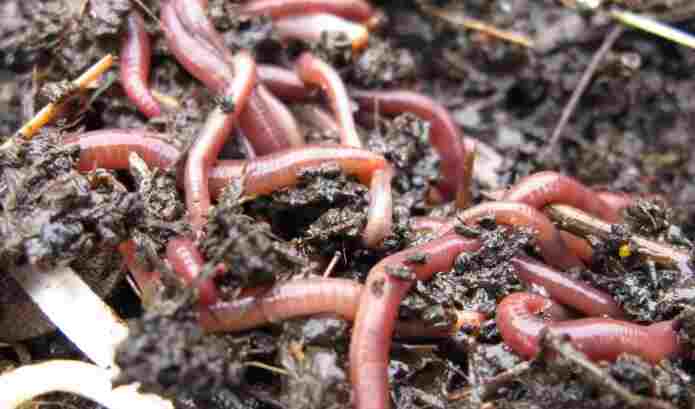
Yes! Composting with worms is a great way to recycle food scraps and yard waste. Worms break down the organic material in the compost pile, creating nutrient-rich soil that can be used to fertilize plants.
To start, you'll need a container for your worm bin, some red wiggler worms, and some organic material to compost. The best place to find all this is online or at a local garden centre. Before getting started, read up on how to create the perfect worm composting environment. With a little effort, you'll be recycling your food scraps like a pro!
What kind of worms do you use for composting?
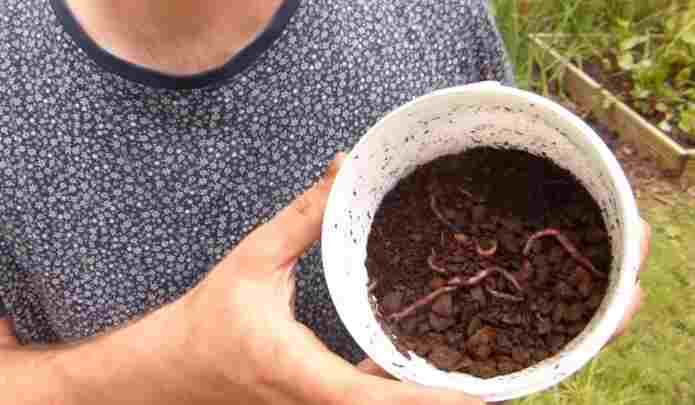
Red wrigglers are the best worms for composting because they eat a lot and can handle a wide range of temperatures.
Red wrigglers, also known as red wigglers or Eisenia Fetida, are a species of earthworm widely used for composting. They are prolific feeders that can consume large amounts of organic matter and tolerate a wide range of temperatures. This makes them ideal for composting in warm and cold climates.
How many worms should I put in a compost bin?
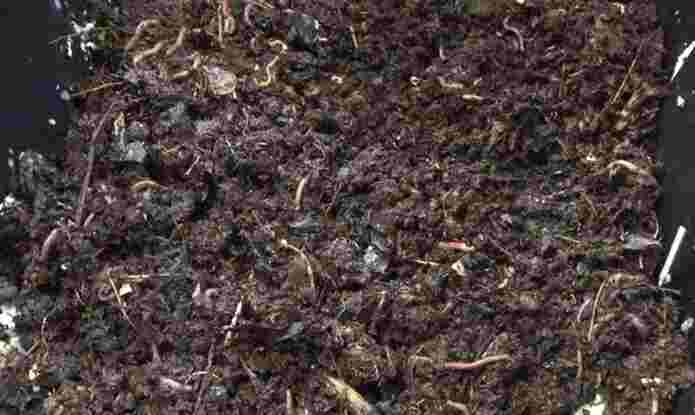
The general rule of thumb is 1,000 worms per cubic foot. However, you can start with a smaller number and add more as needed.
Worms are great for breaking down organic matter and creating compost. Not only do they help improve the quality of your compost, but they also aerate the soil and help to suppress pests and diseases. So if you're looking for an easy way to improve your garden, adding worms to your compost bin is a good place to start!
How long does it take to compost using worms?
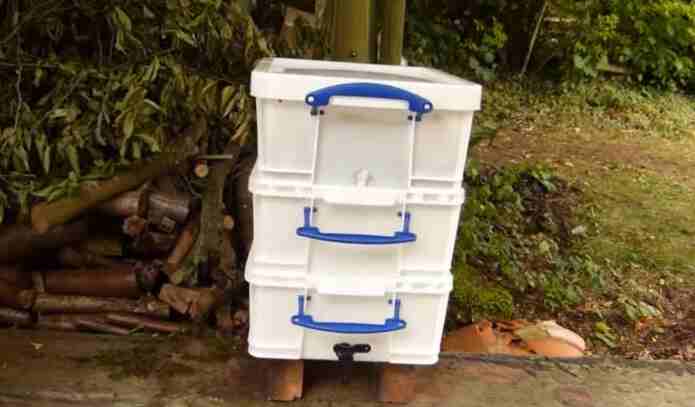
It depends on a few things, like the type of worms you're using, the climate, and the size and composition of your compost pile. But generally, it can take anywhere from a few weeks to a few months.
One thing to keep in mind is that different types of worms work best in different climates. For example, red wigglers (Eisenia foetida) are good composters in warm climates, while Canadian nightcrawlers (Lumbricus Terrestris) work well in cold climates.
So if you need to figure out which type of worm is best for your area, it might be worth researching before you start. And once you've got your worms, ensure they have the best environment possible. Keep their home moist but not too wet, and provide plenty of food scraps for them to eat.
Finally, you should pay attention to the size and composition of your compost pile. The composting process may take longer if it's too small or if there isn't enough air circulation. On the other hand, if it's too large or has too much air circulation, the worms may not be able to do their job effectively.
With the right combination of worms, climate, and compost pile, you should be able to get your compost ready in a few weeks to a few months.
How to compost with worms?
Composting with worms is an easy and effective way to turn your kitchen scraps, garden waste and other materials into nutrient-rich compost for your plants. Here are the steps to get started:
1. Gather your supplies:
You'll need a worm bin, bedding material (such as shredded paper or cardboard), some food for your worms (like fruit and vegetable scraps or coffee grounds) and, of course, the worms themselves.
2. Prepare your bin:
Place the bedding material into the bottom of the worm bin and add water until it's damp but not soggy. Add your worms to the top of the bedding material.
3. Feed your worms:
Start adding small amounts of food every few days. Make sure you bury it in the bedding, so it doesn't attract pests or create an odor problem.
4. Monitor your bin:
Check your composting system periodically to ensure everything is going well. If the bedding starts to smell bad or attract pests, it's time to add more bedding material or food for your worms.
5. Harvest your compost:
When you harvest your worm castings (the nutrient-rich soil produced by the worms), make sure to leave some of the original bedding and food in the bin so that your worms will have something to eat.
Worm composting is an easy way to reduce food waste and create nutrient-rich soil for your garden or potted plants! With the right supplies and care, you can have a successful worm composting system in no time.
Check out the video below to learn composting with worms:
How do you keep worms alive in compost?
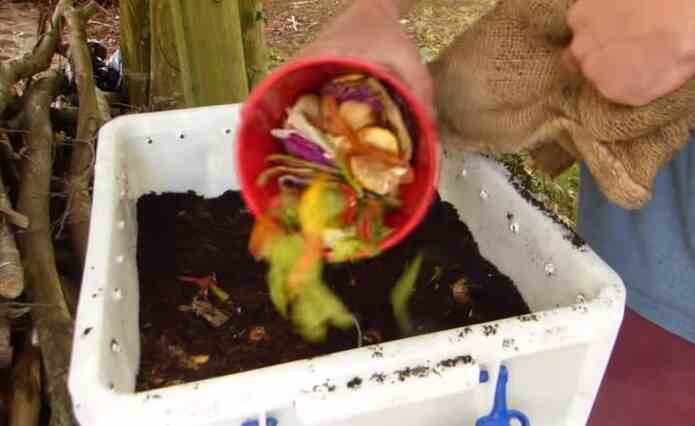
You can keep worms alive in compost by providing a moist and humid environment with a soil-like substrate.
Worms thrive in environments with consistent moisture levels and good food sources. They consume decaying matter and help to turn it into compost, so they are an important part of any organic gardening or composting operation. If you want to keep worms in your compost bin, provide them with a moist, dark place to live and plenty of food.
What kind of food waste can be used in a worm composting system?
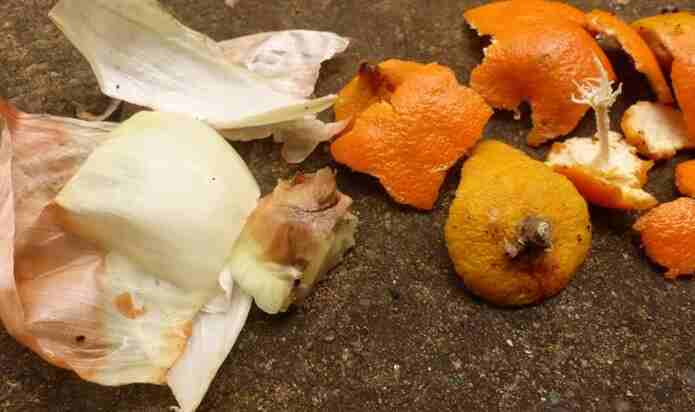
All food waste can be composted with a worm bin, including meat, dairy, and seafood. However, it's important to bury these items deep in the bedding to avoid attracting pests.
The smaller the pieces of food you put into your bin, the faster your worms will decompose them. So it's best to chop up any large pieces of food before adding them to your bin. And remember that worms love fruits and vegetables, so feel free to add plenty of those!
What are some of the benefits of composting with worms?
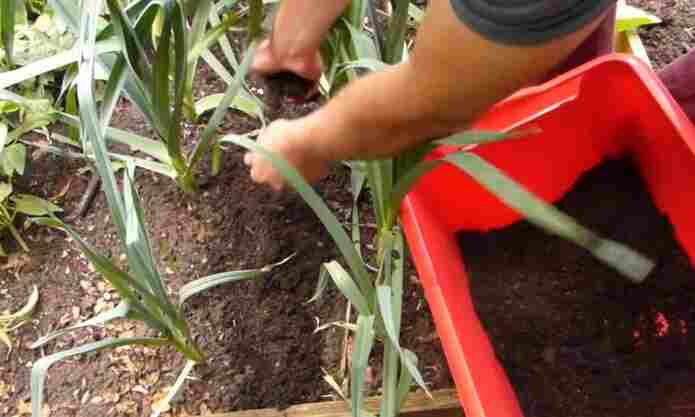
Composting with worms is an effective and sustainable way to reduce waste while creating a nutrient-rich soil amendment for gardens, plants, and lawns. Here are seven benefits of composting with worms:
1. Improved Soil Structure:
Compost made from worm castings helps improve the structure of soil by increasing its ability to absorb water and nutrients. Worms also aerate the soil with their burrowing activities, leading to better drainage and more efficient water uptake in plants.
2. Reduced Organic Waste:
By using food scraps as a source of nutrition for the worms, you can reduce the amount of organic waste that goes to landfills. This helps reduce greenhouse gas emissions associated with decomposition.
3. Natural Fertilizer:
Worm compost is a natural source of fertilizer for plants and gardens, providing essential nutrients such as nitrogen, phosphorus and potassium that help support plant growth and development.
4. Improved Plant Health:
The high concentration of beneficial microbes in worm castings can help improve overall plant health by enhancing soil fertility, suppressing disease-causing organisms, and improving plant nutrient uptake efficiency.
5. Odor Control:
Composting with worms produces very little odor compared to other compost methods since the worms eat most food scraps before they have time to decay and produce a bad smell.
6. Cost Savings:
Making your compost with worms is an inexpensive and sustainable to provide organic fertilizer for your garden or lawn without purchasing chemical-based fertilizers from stores.
7. Environmentally Friendly:
Composting with worms is a safe and eco-friendly way of reducing waste while providing essential nutrients to plants and gardens. This helps reduce our carbon footprint since we don't have to rely on chemical fertilizers that often contain toxic compounds.
Overall, composting with worms effectively reduces waste while creating a nutrient-rich product for your garden or lawn. It also helps improve soil structure and can save you money in the long run by reducing your need for store-bought fertilizers. Give it a try today and experience these amazing benefits!
Final Words
Composting with worms is a great way to reduce your household waste. It's easy to start and doesn't take up much space. You can put your worm bin in the kitchen, bathroom or even outdoors. Give it a try today!